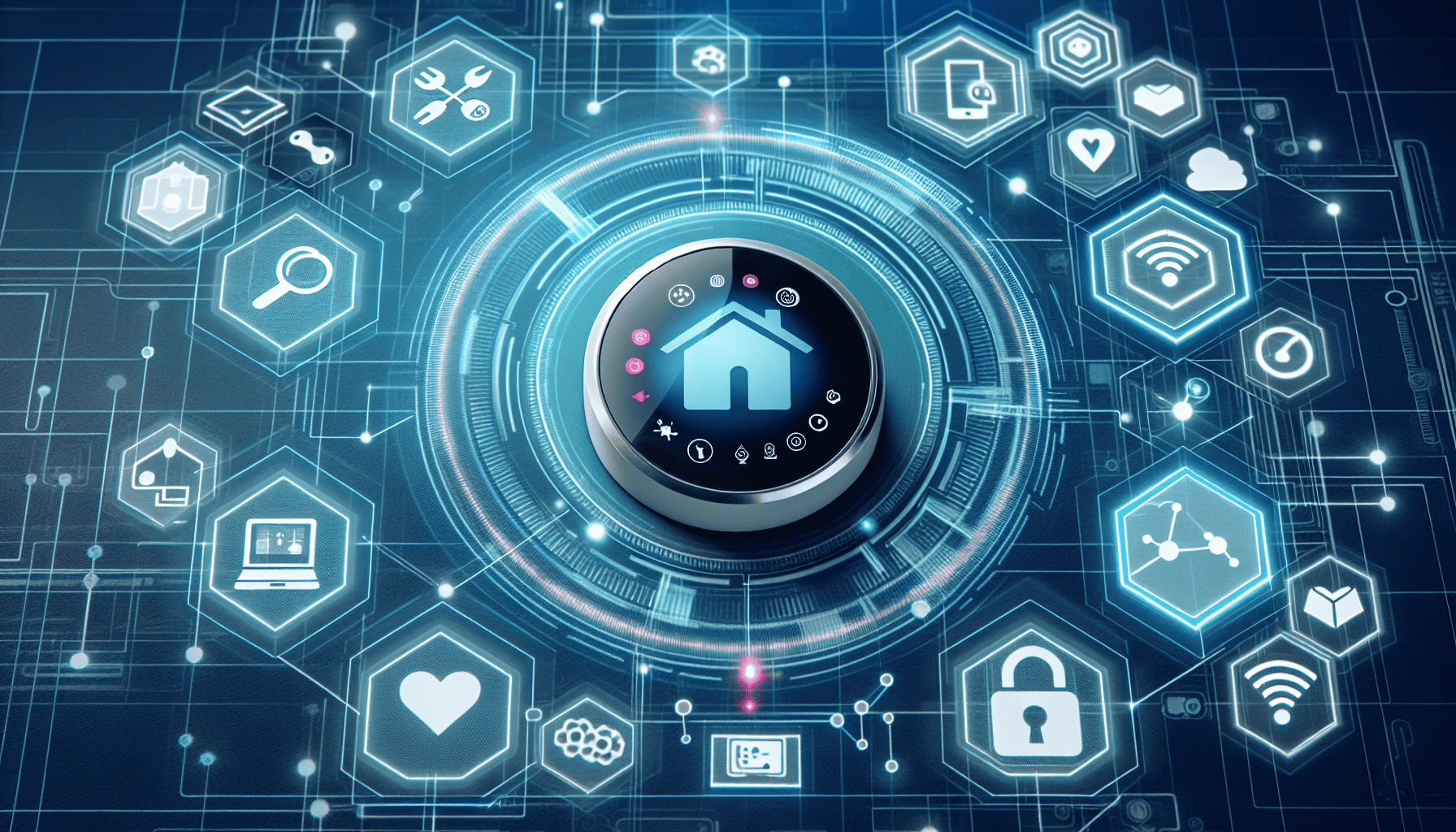In recent years, technology has significantly transformed many industries, and property management is no exception. The integration of advanced technologies is revolutionizing property management processes, leading to enhanced efficiency, improved tenant satisfaction, and streamlined operations. This transformation is reshaping the way property managers interact with tenants, manage facilities, and optimize resources, ultimately leading to a more dynamic and responsive real estate market.
One of the most profound impacts of technology on property management is the automation of routine tasks. In the past, property managers spent a significant portion of their time handling manual processes such as rent collection, leasing paperwork, and maintenance requests. However, with the advent of property management software, these tasks can now be automated, saving time and reducing costs. Online platforms enable tenants to pay rent electronically, submit maintenance requests through apps, and communicate with management effortlessly. This automation not only increases operational efficiency but also minimizes the potential for human error, ensuring that processes run smoothly.
Furthermore, technology-driven data analytics tools have become invaluable for property managers looking to make informed decisions. Through data aggregation and analysis, property management software offers insights into tenant behavior, market trends, and property performance. This data empowers managers to make strategic choices in pricing, marketing, and tenant retention. By leveraging predictive analytics, they can foresee maintenance issues before they become critical, helping to prolong the lifespan of their assets and reduce costs in the long run.
Another significant advancement is the use of the Internet of Things (IoT) in property management. Smart home devices such as thermostats, lighting systems, and security cameras enhance both property management and tenant experiences. These devices allow property managers to monitor properties remotely, optimizing energy use and improving security. For tenants, smart home features offer convenience and control, thus increasing satisfaction and potentially leading to higher tenant retention rates. As IoT technology continues to evolve, its integration into property management will undoubtedly become even more pervasive.
Moreover, virtual and augmented reality have also made their mark in property management. Virtual reality tours provide prospective tenants with an immersive experience, allowing them to explore properties remotely before making a decision. This not only broadens the pool of potential tenants beyond geographical limitations but also speeds up the leasing process. Augmented reality, on the other hand, assists property managers with maintenance tasks by overlaying instructions or identifying issues in real-time when inspecting facilities.
Communication has also been vastly improved with the implementation of technology in property management. Tenant portals and communication platforms facilitate real-time interaction between tenants and property management teams, promoting transparency and responsiveness. This swift communication resolves issues quickly, building trust and satisfaction among tenants.
Blockchain technology is another frontier in property management, offering a secure and transparent way to handle leases and transactions. Smart contracts enable automated lease agreements that trigger actions like rent payment or deposit release without third-party intervention. This increases trust and reduces the need for intermediaries, thus lowering costs and potential disputes.
In conclusion, the impact of technology on property management is profound and transformative. By improving efficiency, enhancing tenant experiences, and optimizing resource management, technology is reshaping the landscape of property management. The continuous evolution of these technologies promises even greater innovations, ensuring that the property management industry remains at the forefront of the digital transformation. As property managers and tenants alike embrace these technological advancements, the future of property management looks increasingly bright and promising.
